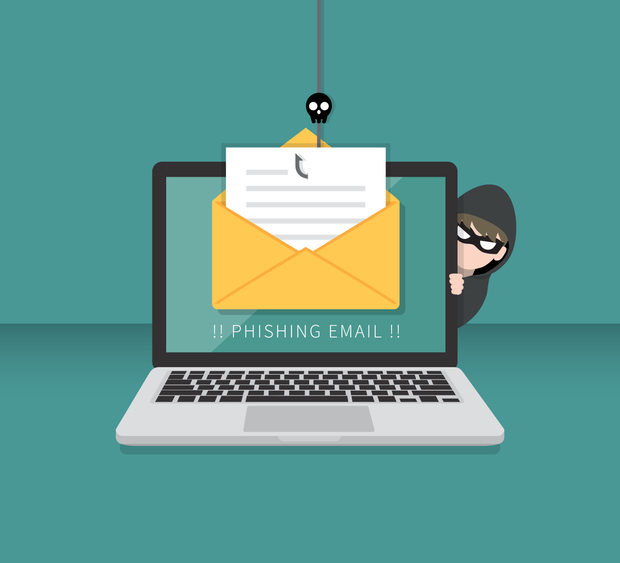Tips and Strategies for Mitigating Ransomware Attacks, Medical Device Security, Insider Threats, and Phishing Attempts in Healthcare
The healthcare industry is at the forefront of technological advancements, with electronic health records (EHRs) and telemedicine being just a couple of examples of how technology has revolutionized patient care. However, these advancements come with a downside: increased cybersecurity threats. In this blog post, we will discuss some of the biggest cyber threats in healthcare and how healthcare providers can protect themselves and their patients' sensitive information.
Ransomware attacks
Ransomware attacks are one of the most significant cybersecurity threats in healthcare. In a ransomware attack, hackers gain access to a healthcare provider's system and encrypt the data, making it impossible for the provider to access it. The hackers then demand a ransom in exchange for the decryption key. Ransomware attacks can cause significant disruptions to patient care, and the cost of paying the ransom can be exorbitant.
To protect against ransomware attacks, healthcare providers should ensure that they have robust backup and recovery systems in place. Regularly backing up data ensures that patient information can be restored quickly in the event of a ransomware attack. Additionally, healthcare providers should educate their employees on how to identify and avoid phishing attacks, which are often the entry point for ransomware attacks.
Medical device security
Medical devices, such as insulin pumps and pacemakers, have become increasingly connected to the internet, making them vulnerable to cyber-attacks. If a hacker gains access to a medical device, they can control its functionality and potentially harm the patient. Additionally, medical devices can be used as a gateway to gain access to a healthcare provider's network.
To protect against medical device security threats, healthcare providers should ensure that their devices are updated with the latest security patches and that they have strong passwords. Providers should also consider segmenting their networks to isolate medical devices from other critical systems.
Insider threats
Insider threats refer to the potential for current or former employees to misuse their access to patient data. Insider threats can be intentional, such as an employee stealing patient data for personal gain, or unintentional, such as an employee accidentally exposing patient data.
To protect against insider threats, healthcare providers should implement access controls to ensure that employees can only access the patient data that they need to perform their job duties. Providers should also conduct regular training sessions to educate employees on the importance of protecting patient data and the potential consequences of a data breach.
Phishing attacks
Phishing attacks are a type of cyber attack where hackers send emails or messages to employees that appear to be from a trusted source, such as a coworker or a vendor. The email often includes a link or attachment that, when clicked, installs malware on the employee's computer, giving the hacker access to the healthcare provider's network.
To protect against phishing attacks, healthcare providers should educate their employees on how to identify and avoid phishing attempts. Employees should be trained to verify the authenticity of emails and messages before clicking on any links or downloading any attachments.
Protecting patient data from cybersecurity threats is an ongoing challenge for healthcare providers. However, with the right strategies in place, healthcare providers can mitigate the risks and safeguard their patients' sensitive information. In addition to implementing robust backup and recovery systems, securing medical devices, mitigating insider threats, and educating employees on how to identify and avoid phishing attempts, healthcare providers can benefit from partnering with technology providers that specialize in healthcare cybersecurity. For example, Acentec is a technology provider that offers staff training in both cybersecurity and HIPAA, along with HIPAA Security Suite, a full compliance suite based on the NIST standards. By working with experienced technology providers like Acentec, healthcare providers can enhance their cybersecurity posture and stay ahead of emerging threats, ultimately providing better care for their patients.
If you have any questions or are concerned about your organization's cybersecurity, call us at (949) 474-7774. We'll be happy to help.
For more HIPAA information, download our ebook - The Ultimate HIPAA Compliance Handbook.
The HIPAA Security Rule requires implementing a security awareness and training program for all members of its workforce (including management). Have your team sign up for weekly HIPAA Security Reminder to help stay compliant.

